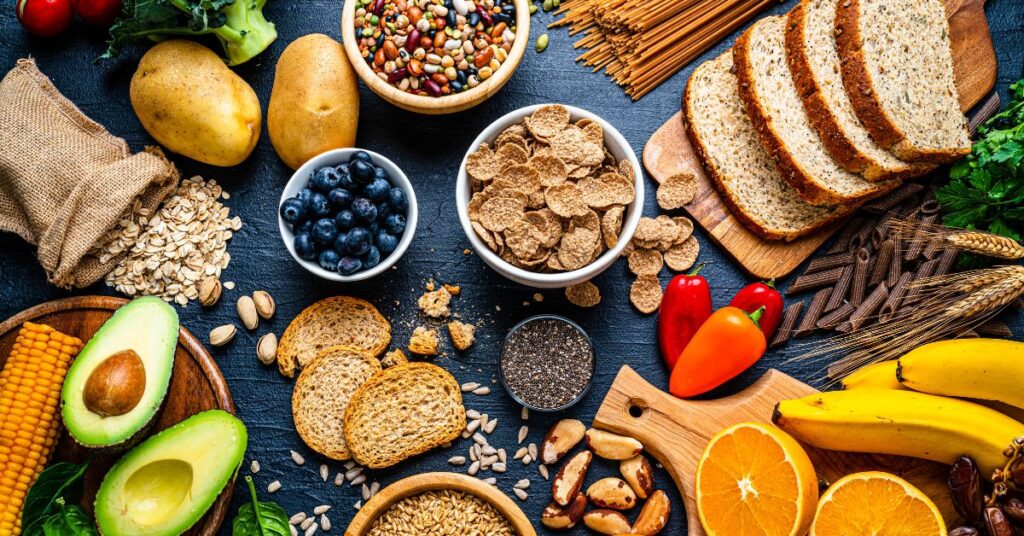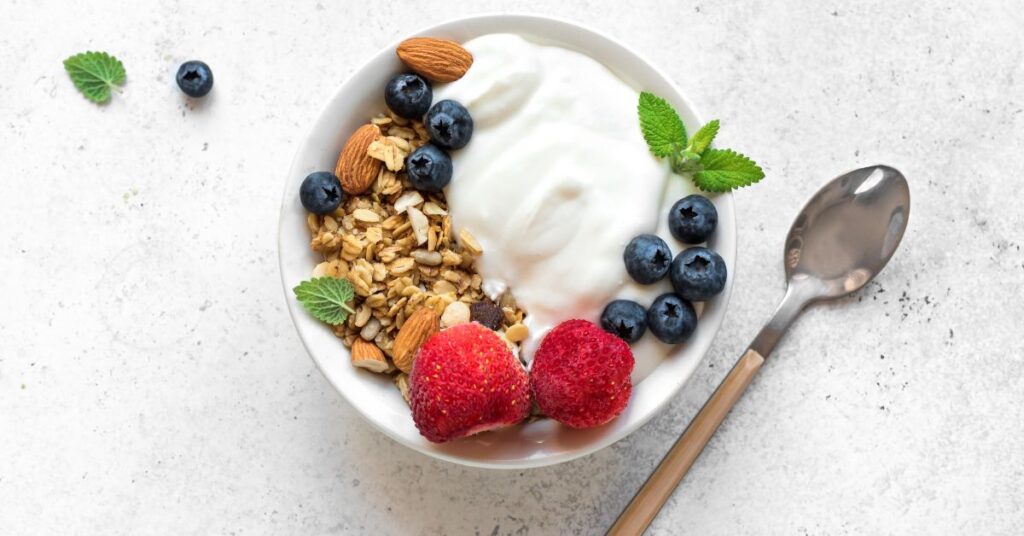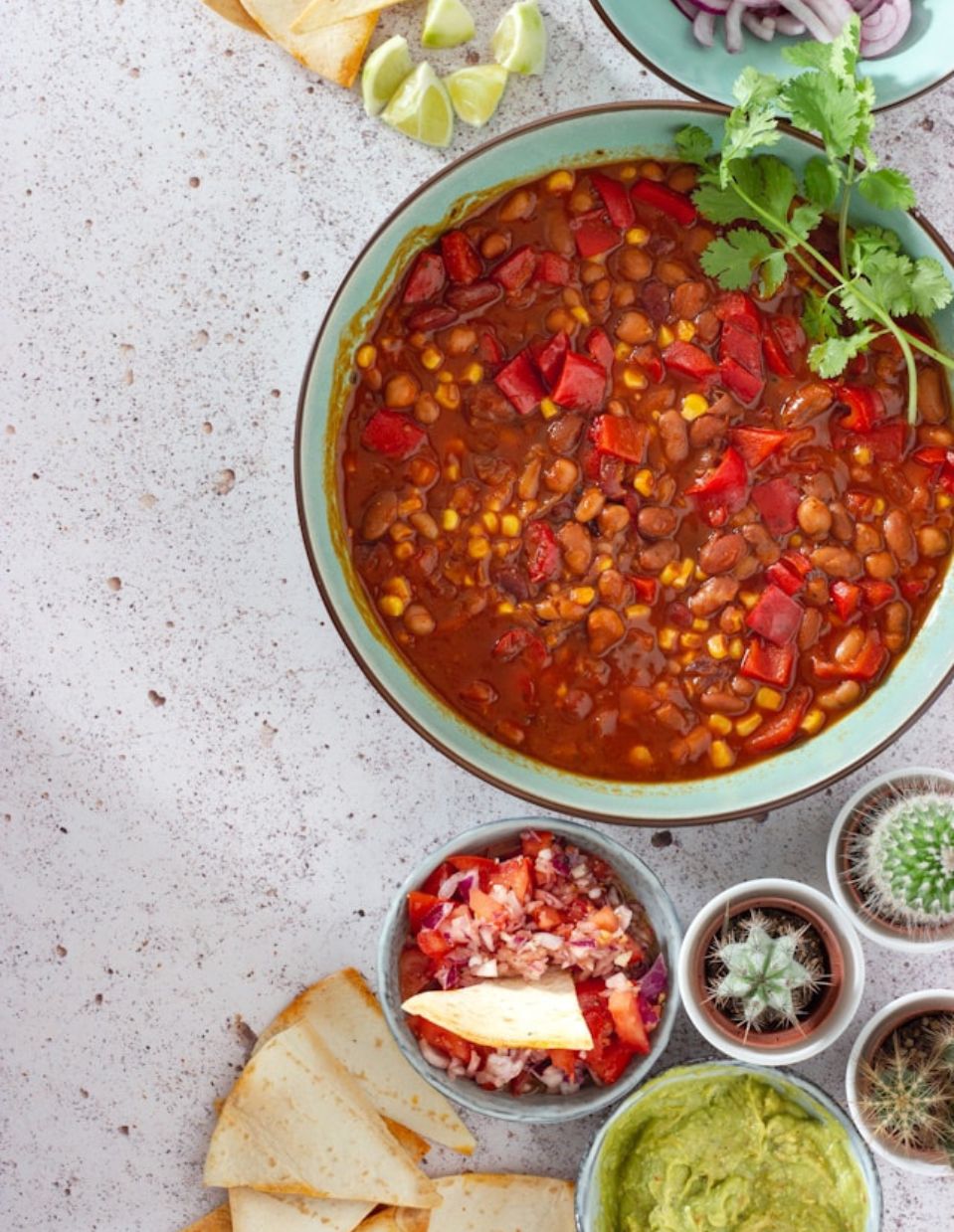Constipation is a common concern for many individuals dealing with infrequent or difficult bowel movements. This condition can lead to bloating, discomfort, and frustration, disrupting daily life. Whether it’s a one-off occurrence or a chronic issue, finding effective constipation relief begins with understanding its root causes.
In this article, we’ll explore common reasons behind constipation and share practical, simple solutions to improve regularity and support digestion.
What Causes Constipation and How to Find Relief
Constipation often arises from a combination of dietary choices, lifestyle habits, and medical factors. Understanding what’s triggering your symptoms is the first step to finding long-term relief.

Common Dietary Causes of Constipation
One of the most significant contributors to constipation is a diet low in fiber. Found in plant-based foods like fruits, vegetables, whole grains, and legumes, fiber is essential for adding bulk to stools and keeping bowel movements regular. Unfortunately, diets rich in processed or refined foods are often deficient in fiber, which can set the stage for sluggish digestion.
Dehydration is another key factor. Water works hand-in-hand with fiber to soften stools and keep them moving through the digestive system. Without enough water, the colon absorbs too much liquid from stools, making them dry, hard, and difficult to pass.
To support digestion, aim to pair fiber-rich foods with plenty of fluids throughout the day.
Lifestyle Habits That Lead to Constipation

Our modern, sedentary lifestyle can also play a significant role in constipation. A lack of physical activity slows down gut motility—the process that moves food through your digestive tract. Incorporating movement, even light exercises like a brisk walk, can make a big difference in preventing constipation.
Ignoring the natural urge to use the bathroom is another habit that can disrupt your body’s routine. Over time, this leads to longer stool transit times in the colon, making elimination harder. Listening to your body and acting promptly when you feel the urge is critical for maintaining regularity.
Stress and Its Role in Constipation
Stress can wreak havoc on digestion. The gut and brain are closely connected via the gut-brain axis, and high levels of stress can interfere with this connection, slowing down the digestive process. Chronic stress doesn’t just leave you feeling mentally drained—it can also lead to physical symptoms like bloating and constipation.
Taking time for stress management is just as important as diet and exercise when it comes to relieving constipation.
Medical and Medication-Related Causes of Constipation

Certain medical conditions can increase the likelihood of constipation, including irritable bowel syndrome (IBS), hypothyroidism, and pregnancy. Hormonal shifts, changes in gut bacteria, or slower digestion during these conditions can all contribute to difficulty passing stools.
Some medications, including opioids, GLP-1 medications for weight loss, iron supplements, and certain antidepressants, can also cause constipation as a side effect. If you suspect medication is contributing to your symptoms, consult your doctor for alternatives or solutions.
Dietary Changes for Constipation Relief

Increase Fiber for Constipation Relief
Fiber is the cornerstone of a constipation-relieving diet. Adults should aim for 25–38 grams of fiber per day, depending on age and gender. Foods rich in fiber include fruits like apples and berries, vegetables such as broccoli and spinach, whole grains like oats and quinoa, and legumes like lentils and chickpeas.
For example:
- Start your day with a bowl of organic oatmeal topped with fresh blueberries.
- Add a side of steamed vegetables to your lunch or dinner.
- Snack on a handful of nuts or seeds instead of processed snacks.
Whole foods are more beneficial than fiber supplements because they also provide essential vitamins, minerals, and hydration that support gut health holistically.
Stay Hydrated to Prevent & Relieve Constipation
Water is essential to keep stools soft and easy to pass. Aim for 8–10 cups daily, and don’t forget about hydrating foods like watermelon, oranges, and cucumbers. Herbal teas, such as peppermint, may also promote relaxation and improve digestion.
Remember, if you’re increasing your fiber intake, it’s crucial to increase your water intake as well. Fiber needs water to function effectively.
Probiotic Foods to Support Regularity

Probiotic-rich foods like yogurt, kefir, kimchi, and sauerkraut promote a healthy gut microbiome. A balanced microbiome supports better digestion and improves stool consistency. Adding just one or two servings of these foods per day can make a noticeable difference.
Add Constipation Relieving Fruits to Diet
Certain fruits are especially effective for constipation relief. Prunes contain sorbitol, a natural sugar alcohol with a mild laxative effect, while kiwis are high in fiber and act as prebiotics, feeding the beneficial bacteria in your gut.
Try incorporating these fruits as snacks or adding them to smoothies for a quick, digestion-boosting option.
Lifestyle Tips for Relieving Constipation

Get Active for Natural Constipation Relief
Physical activity stimulates the muscles in your digestive tract, encouraging better stool movement. Aim for at least 20 minutes of exercise daily, whether it’s walking, yoga, or even light stretching. If you’re pressed for time, try taking short walks after meals to support digestion.
Develop a Bathroom Routine for Constipation Relief
Consistency is key when it comes to bowel movements. Try setting aside time each morning to use the bathroom, even if you don’t feel an immediate urge. Elevating your feet with a stool while sitting on the toilet can also help by mimicking a squat position, which is more natural for elimination.
Manage Stress to Improve Digestion and Relieve Constipation
Stress doesn’t just affect your mood—it impacts your digestive system too. Regularly practicing mindfulness, meditation, or deep breathing exercises can improve the gut-brain connection and help alleviate constipation. Even taking a few minutes each day to decompress can have long-term benefits for your digestion.
Other Ways to Relieve Constipation

Consider Fiber Supplements if Needed
If dietary changes alone aren’t sufficient, a gentle fiber supplement like psyllium husk may help. These supplements effectively add bulk to stools but should be used as a secondary option after whole foods and consulting a licensed healthcare provider, as psyllium husk may be contraindicated for certain medical conditions.
Try Magnesium Citrate for Occasional Use
Magnesium citrate works by drawing water into the intestines, helping to soften stools. It’s an effective short-term solution but should only be used under the guidance of a healthcare provider.
When to Seek Medical Advice for Constipation Relief
While constipation is often manageable with lifestyle changes, certain symptoms warrant medical attention. If you experience severe pain, blood in your stool, or unexplained weight loss, consult a healthcare provider to rule out underlying conditions.
Keep In Mind
Constipation relief is achievable with small, consistent changes to your diet and lifestyle. By focusing on fiber-rich whole foods, staying hydrated, incorporating regular movement, and managing stress, you can support your digestive health and enjoy long-term benefits.
If you’re looking for personalized support, our registered dietitians at Core Nutrition Health and Wellness are here to help. Schedule a consultation with our gut health dietitian to create a tailored plan that works for you. Together, we’ll help you achieve optimal digestive health and well-being.

